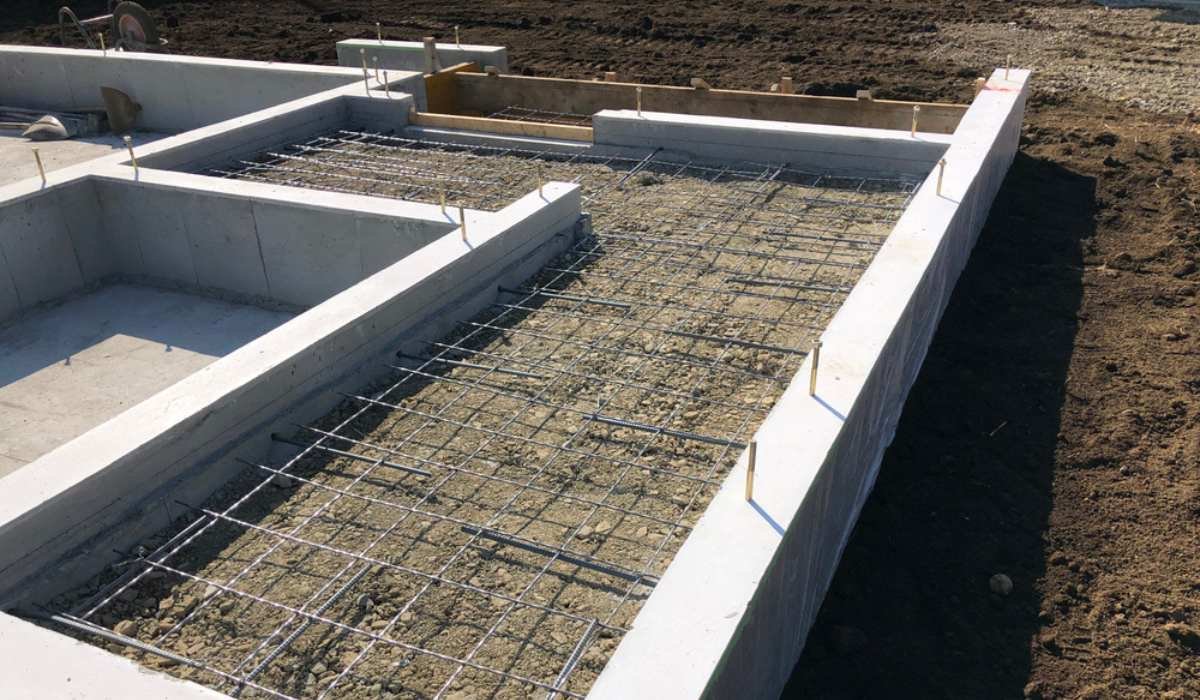Relocation Assistance for Military Families: What You Need to Know

Relocating as a military family can be both an exciting and stressful experience. Whether it’s a Permanent Change of Station (PCS) or an overseas deployment, moving frequently is a reality for service members and their families. Fortunately, various relocation assistance programs are available to help make the transition smoother. Here’s everything you need to know about relocation assistance for military families.
1. Understanding PCS Moves
A Permanent Change of Station (PCS) is an official order requiring a service member to relocate to a new duty station. PCS moves can be domestic or international and often require quick adjustments. Military families must prepare for housing changes, school transitions, and employment shifts for spouses.
Key PCS Considerations:
- Military orders typically include a relocation timeframe.
- Families may need to decide between on-base or off-base housing.
- Expenses may be covered by the military or reimbursed through programs like the Dislocation Allowance (DLA).
2. Financial Assistance for Military Moves
The financial burden of relocating can be significant, but various military programs provide financial assistance:
- Dislocation Allowance (DLA): Helps offset the costs of moving.
- Temporary Lodging Expense (TLE): Covers temporary housing costs while securing permanent accommodations.
- Personally Procured Move (PPM) Reimbursement: Allows service members to handle their own move and receive compensation.
Understanding these benefits ensures military families can budget effectively for their relocation.
3. Housing Assistance Programs
Finding a home in a new location is one of the biggest challenges during a move. Military families can utilize several resources:
- Housing Office Assistance: Each installation has a housing office to provide rental and home-buying guidance.
- Basic Allowance for Housing (BAH): Covers housing costs for those living off-base.
- Military Housing Privatization Initiative: Offers privatized housing options on and near military bases.
4. Education Support for Military Children
Frequent moves can disrupt a child’s education, but military programs help with school transitions:
- School Liaison Officers (SLOs): Provide information on local schools and assist with enrolment.
- Interstate Compact on Educational Opportunity for Military Children: Ensures consistency in school policies for military students.
- Military Student Transition Consultants: Help children adjust to new school environments.
5. Employment Assistance for Military Spouses
Military spouses often face employment challenges due to frequent relocations. Several programs support career transitions:
- MyCAA (Military Spouse Career Advancement Accounts): Offers tuition assistance for job training.
- Hiring Our Heroes: Connects military spouses with employers.
- Military Spouse Employment Partnership (MSEP): Provides job resources and career counselling.
6. Counselling and Emotional Support
Relocating can be emotionally taxing on military families. Several resources offer mental health and emotional support:
- Military OneSource: Provides free counselling and relocation assistance.
- Family Readiness Centers: Offer local community support for transitioning families.
- Deployment and Relocation Assistance Programs: Help families cope with the emotional impact of frequent moves.
Relocating as a military family comes with its challenges, but with the right resources and support, it can be a seamless process. From financial assistance and housing options to educational and employment support, military families have access to programs that ease the stress of moving. By taking advantage of these services, families can transition smoothly to their new duty station and focus on building a stable, fulfilling life in their new community.




